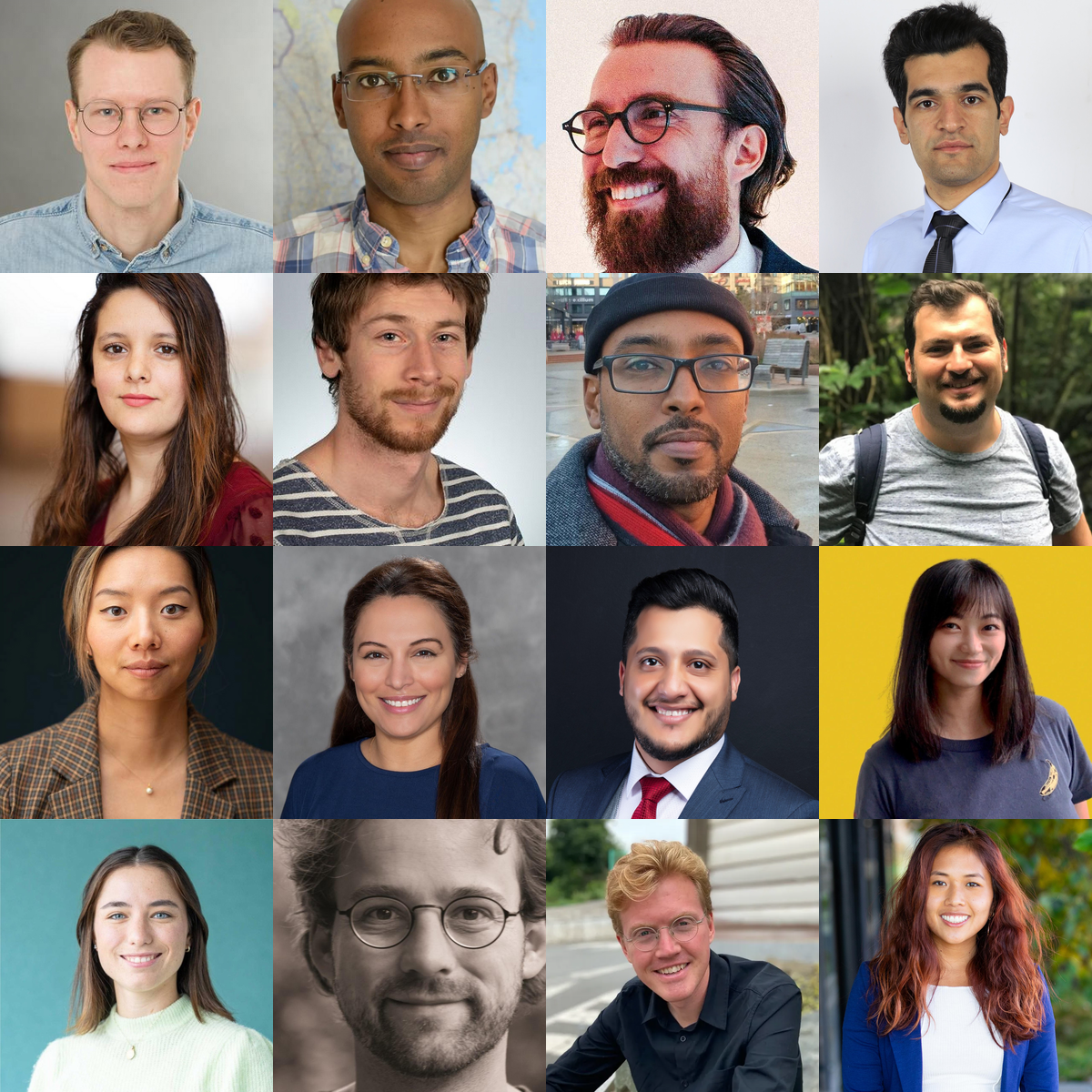Climate AI Nordics first 9 months

In October 2024 we started Climate AI Nordics, and we have been amazed at what we have achieved together with you all. We will now take a summer break, and there will be no newsletter in July. We will resume the webinars on August 28.
Nordic Workshop on AI for Climate Change 2025
One of the major milestones this year was our first annual Nordic Workshop on AI for Climate Change, held in Gothenburg on May 13, 2025. This full-day event gathered researchers from across the region to discuss AI’s role in biodiversity monitoring, atmospheric science, soundscapes, Earth observation, and more.
Our sincere thanks go out to the speakers, attendees, and our partners at CLIMES for co-arranging the event. We’re thrilled to announce that the 2026 workshop will be hosted by our colleagues at the University of Copenhagen and the Pioneer Centre for AI on June 26, 2026.
Webinars
Our webinars have served as a vibrant platform for researchers working at the intersection of artificial intelligence and climate action. We heard from leading voices on topics as diverse as weather forecasting, biodiversity monitoring, and equitable AI for conservation. We thank RISE Research Institutes of Sweden and Learning Machines Seminars for the collaboration.
Joel Oskarsson (Linköping University) introduced cutting-edge machine learning models that are reshaping weather prediction, including graph-based approaches and probabilistic forecasting. Alp Kucukelbir (Columbia University / Fero Labs) gave a systems-level talk on AI’s role in climate change mitigation, highlighting industrial applications and the challenges of trust and scale. Alireza Taheri Dehkordi (Lund University) showed how satellite data and AI can help estimate water quality, a vital issue as global water resources become more strained.
In February, Benjamin Cretois (NINA) shared experiences from the TABMON project, where acoustic sensors and deep learning models are being deployed across Europe for large-scale biodiversity monitoring. Lily Xu (Columbia University) brought powerful insights into real-world AI deployment for wildlife protection, blending reinforcement learning, causal inference, and field experience. And Peter Dueben (ECMWF) capped off the season with a sweeping vision of AI in Earth system modelling, covering the shift from traditional physics-based forecasts to foundation models.
In May, John Martinsson (RISE & Lund University) presented new approaches to reduce the cost and improve the quality of annotating local structures in data. His work showed how adaptive labeling techniques can help make machine learning more efficient and scalable—especially relevant for biodiversity audio datasets.
We thank every speaker for sharing their research, and every participant who joined the conversation.
Communicating Research: Newsletters & Community Updates
Beyond the webinars, we’ve also published a series of monthly newsletters that document our journey and spotlight work from the community. Since October, we’ve shared featured research on thermal inequality, audio biodiversity monitoring, deep learning for remote sensing, and more. We’ve reported on interviews in national media, partnerships with organizations like CLIMES and AfriClimate AI, and the launch of our website, LinkedIn, and Slack channels.
Our newsletters aim to inform and connect—amplifying your successes, sharing calls for collaboration, and bringing visibility to impactful AI-for-climate work across the Nordics. Since June, we also include a list of open positions for researchers and practitioners in the field in the Nordics.
Thank you for being part of this amazing and growing community. We are proud of what we’ve built together—and excited for what’s ahead!
